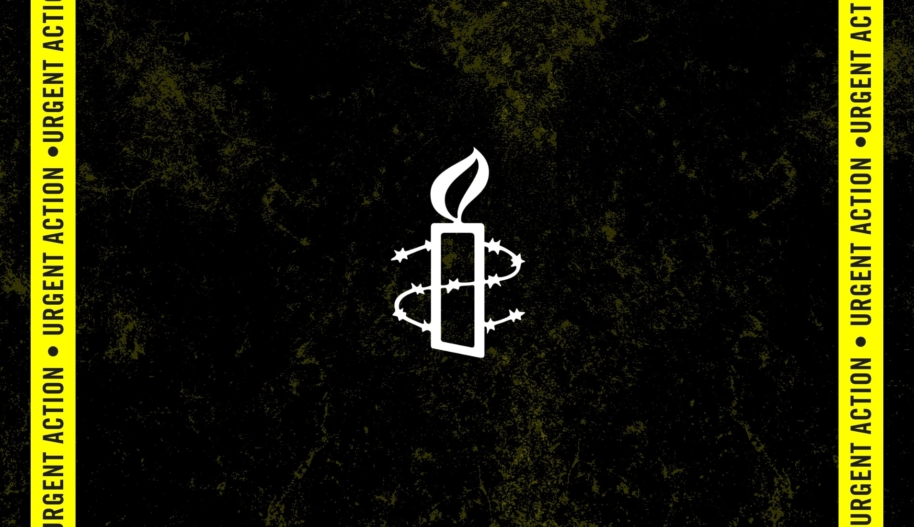On June 1, Members of Parliament, Mthandeni Dube and Mduduzi Bacede Mabuza – who have been held for almost two years in arbitrary detention – were found guilty of terrorism, sedition and murder. The two were arrested on July 25, 2021, and are facing over 20 years in jail for representing their constituencies and calling for political and human rights reforms in the country.
While in detention, they have been beaten and denied access to their lawyer and medical care. Amnesty International urges the Eswatini authorities to quash their flawed conviction and immediately and unconditionally release the two MPs.
Write to the Prime Minister urging him to:
- Quash the conviction of MP Mduduzi Bacede Mabuza and MP Mthandeni Dube and immediately and unconditionally release them as their prosecution stems from the peaceful exercise of their human rights.
- Repeal or amend the STA, SSA and the Public Order Act to bring them in line with Eswatini’s Constitution and the international and regional human rights treaties to which Eswatini is a state party.
Write to:
Prime Minister
Cleopas Sipho Dlamini
P.O Box 395, Mbabane
Kingdom of Eswatini
Fax: +268 2404 4073
Email: csdlamini@gmail.com
With copies to: clerktoparl@swazi.net
Salutation: Your Excellency,
And copy:
Embassy of the Kingdom of Eswatini
1712 New Hampshire Avenue, NW
Washington, D.C., DC 20009
United States of America
Tel: (202) 234-5002 Fax: (202) 234-8254
Email: embassy@swaziland-usa.com
Background
Political activism has been suppressed for years in the Kingdom of Eswatini, where King Mswati III rules as Africa’s last absolute monarch. Eswatini has a history of jailing journalists, human rights defenders and political activists being under repressive laws, including the 1938 Sedition and Subversive Activities (SSA) Act and the 2008 Suppression of Terrorism Act (STA), simply for speaking out against the repression of peaceful dissent.
Not only are certain provisions in the STA threatening to human rights and inherently repressive – they also breach Eswatini’s international human rights obligations and the Constitution of Eswatini. In 2016, the High Court of Eswatini declared several sections of the STA and SSA Act unconstitutional as they infringed on some of the human rights guaranteed by the Constitution. Activism, be it political or otherwise, should be possible in Eswatini without any fear of reprisal. Despite political differences, authorities should allow everyone to freely exercise their human rights.
In July 2021, Eswatini saw one of its bloodiest protest repressions. Amnesty International documented over 80 deaths from the protests, with the recent reports recording over 100 deaths. What started as a call for political reforms, through the delivery of petitions to members of parliament in their respective constituencies, was met with excessive use of force by law enforcement agents. Firstly, the Speaker of Parliament suggested it was ‘unSwazi’ to have petitions delivered. The then-acting Prime Minister ordered a stop to all petitions and unleashed the armed forces on the people.













